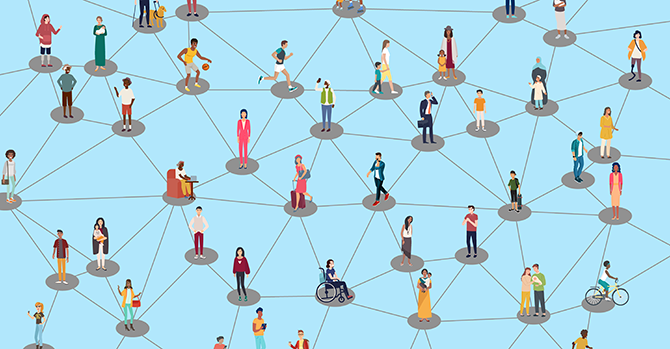
Contact Tracing: Use Volunteers or Paid Public Health Corps?
Q&A with Angela Beck
The House of Representative plans to introduce a bipartisan bill that would create a National Public Health Corps similar to AmeriCorps that would hire hundreds of workers to help conduct contact tracing as the US moves to reopen its economy. Angela Beck discusses the idea of such a workforce.





